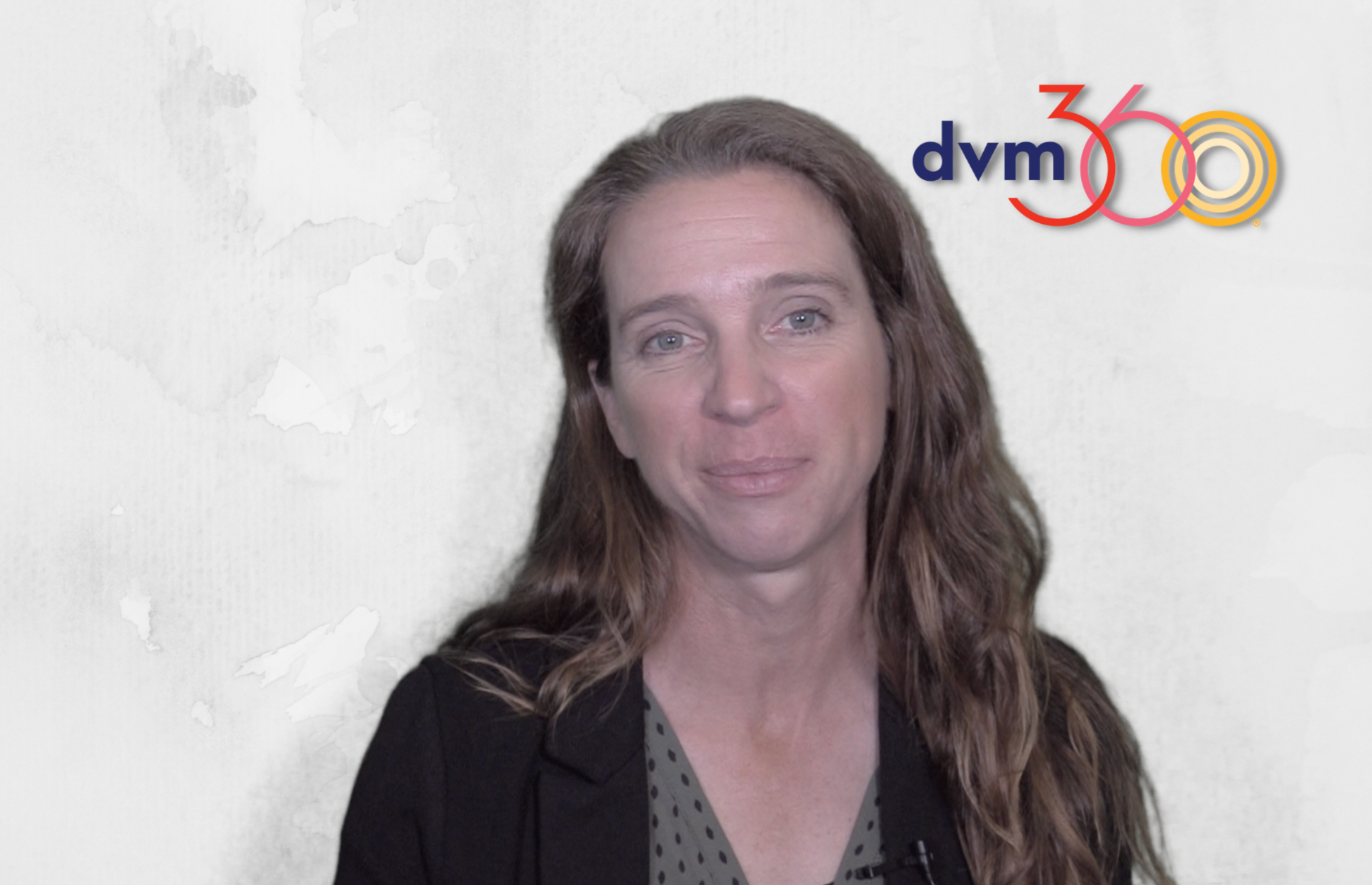Innovation or veterinary ethics violation?
Rewards for referrals raise questions about kickbacks.
Dr. Lee Ray was a boarded ophthalmologist who had recently left a large specialty practice to launch his own endeavor. He announced his presence to local veterinarians and mailed small continuing education publications to local practitioners to publicize his services. Dr. Ray soon developed a loyal following of referring veterinarians. He communicated well and was an excellent specialist.
In a bid to further increase his referrals, Dr. Ray became innovative with his solicitations. He offered to see referrals promptly and generate immediate referral reports. In addition, he volunteered to visit general practice clinics, provide lunch and educate staff members. These sessions allowed him to share the latest ophthalmology techniques and refresh practice teams' ocular diagnostic skills.
Dr. Ray initiated other novel practices as well. Realizing that some of his specialty instruments were expensive and it was not common for referring veterinarians to own them, he established a lending policy where local practitioner could sign out one of his diagnostic instruments and use it temporarily. His referring veterinarians liked this arrangement, and his practice continued to grow.
However, Dr. Ray was not embraced by the entire veterinary community. Other specialists claimed his referral program was unethical and unprofessional. Competitors accused him of using a sophisticated kickback scheme to boost referrals.
For one thing, Dr. Ray's lunch-and-learns saved veterinarians from paying fees for RACE-approved continuing education sessions, his critics contended-many states accept lectures by boarded specialists as continuing education.
Plus, borrowing sophisticated ophthalmologic equipment also allowed the referring veterinarians to do exams and charge fees that they normally would not be able to do. Opponents believed it would have been different if this perk were offered to all local practitioners, but limiting the offering to his own referring veterinarians constituted an unethical monetary incentive, they claimed.
Ray countered that his efforts were aimed at educating and improving his referring veterinarians' diagnostic skills. It benefited patients, clients and the clinicians themselves. He believed his accusers were acting petty and could offer the same opportunities to their stables of referring veterinarians.
Nevertheless, his specialty colleagues filed a state board action against Dr. Ray for unprofessional behavior in the form of soliciting referrals by offering monetary advantages to those who used his services.
What decision do you believe the board should reach? Is Dr. Ray an innovative ophthalmologist or a veterinary specialist skirting the ethics code in order to increase his business?
Rosenberg's response
Unfortunately, increased competition often produces venomous controversy. Veterinarians aren't allowed to accept monetary incentives in exchange for directing their clients to specific veterinary facilities or clinicians. This, in effect, is a kickback. It's not illegal in the business world, where it's often labeled a “finder's fee.” However, this practice doesn't always arise from the best interests of the pet and pet owner.
I believe Dr. Ray was displaying energy and innovation. His offerings were benefiting the referring veterinary staff, the pet and the pet owner. The referring veterinarians using his services were saving money on continuing education fees and generating additional income from his instrument lending policy.
The letter of the ethical law could certainly consider his actions to be a unique form of monetary compensation in exchange for a referral. But in reality, veterinary staff members were being educated, clients and pets were benefiting from this education, and diagnostic accuracy was being enhanced through the instrument lending policy. In my opinion, Dr. Ray was assisting the veterinary community in a positive and constructive way, and the greater good was truly being served. I am sorry his colleagues disagreed.
Dr. Marc Rosenberg is director of the Voorhees Veterinary Center in Voorhees, N.J. He is a member of the New Jersey Board of Veterinary Medical Examiners. Although many of his scenarios in “The Dilemma” are based on real-life events, the veterinary practices, doctors and employees described are fictional.










